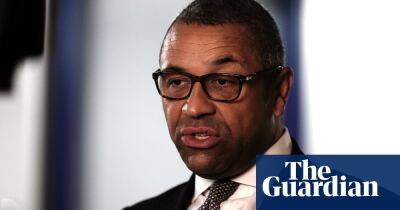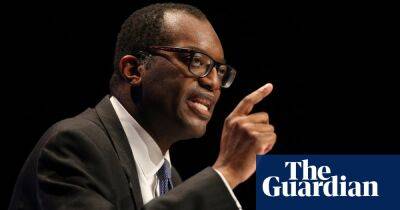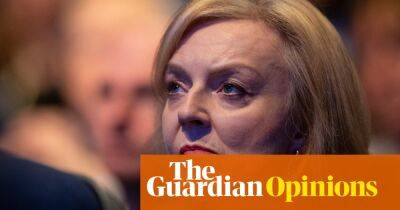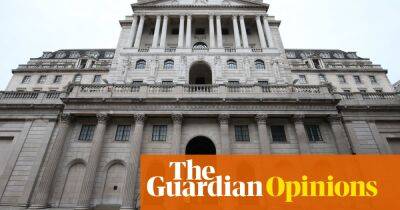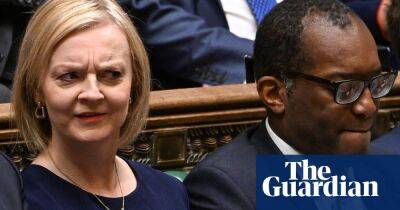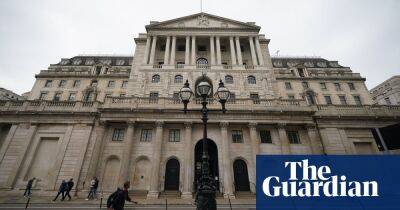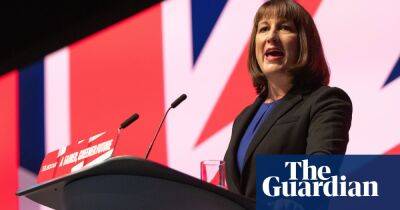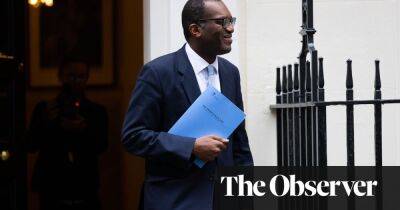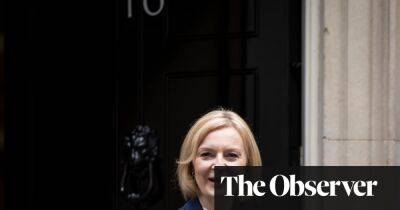The Guardian view on Tory shock therapy: the wrong medicine for the country
An ideologically extreme party that makes unpopular policy choices far removed from the position of most voters will reap the inevitable consequence in terms of public opinion. Liz Truss decided to bet against such thinking, and has lost badly. Squandering the Tory reputation for fiscal prudence will ensure the spectre of Black Wednesday hangs over its party conference.
The mistake was Kwasi Kwarteng’s plan for growth. The public, accurately, saw it as unfair, foisting higher mortgage payments on many while millionaires get a £55,000 handout. The Labour party has opened up a 30-point poll lead over the Tories. Sensing danger, Ms Truss and Mr Kwarteng did hold emergency talks with the Office for Budget Responsibility on Friday. But the move smacked of desperation. Her government, rightly, looks finished before it gets a chance to get started.
To understand why Ms Truss was prepared to light such politically flammable material as benefit cuts and smaller pensions, one must try to see the world from her point of view. In August, the Bank of England warned that the country was facing a recession that would probably last into 2024. If nothing changed, there was a good chance the Tories would go into the next election with a record in government of high taxes and flatlining growth, but also with high interest rates to cope with elevated levels of inflation.
Ms Truss probably reasoned that such conditions would not be conducive to another Conservative election victory. So she pronounced the economy fatally ill, telling Tory members that immediately administering a shock therapy of tax cuts for the rich and pro-business deregulation was morally justifiable because the alternative was a slow death. The author Naomi Klein charted
Read more on theguardian.com

